An update from the Raspberry Pi Computing Education Research Centre
It’s been nearly two years since the launch of the Raspberry Pi Computing Education Research Centre. Today, the Centre’s Director Dr Sue Sentance shares an update about the Centre’s work.
The Raspberry Pi Computing Education Research Centre (RPCERC) is unique for two reasons: we are a joint initiative between the University of Cambridge and the Raspberry Pi Foundation, with a team that spans both; and we focus exclusively on the teaching and learning of computing to young people, from their early years to the end of formal education.
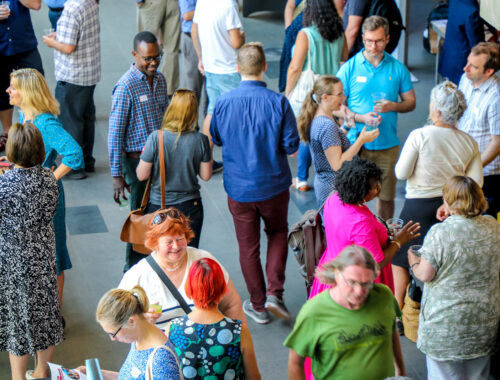
We’ve been very busy at the RPCERC since we held our formal launch event in July 2022. We would love everyone who follows the Raspberry Pi Foundation’s work to keep an eye on what we are up to too: you can do that by checking out our website and signing up to our termly newsletter.
What does the RPCERC do?
As the name implies, our work is focused on research into computing education and all our research projects align to one of the following themes:
- AI education
- Broadening participation in computing
- Computing around the world
- Pedagogy and the teaching of computing
- Physical computing
- Programming education
These themes encompass substantial research questions, so it’s clear we have a lot to do! We have only been established for a few years, but we’ve made a good start and are grateful to those who have funded additional projects that we are working on.
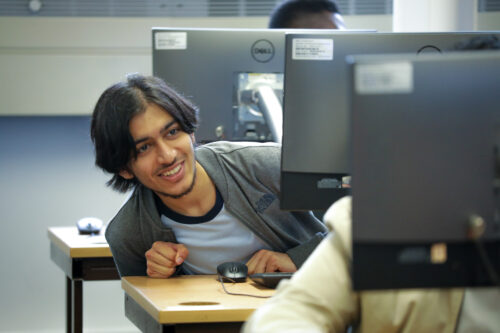
In our work, we endeavour to maintain two key principles that are hugely important to us: sharing our work widely and working collaboratively. We strive to engage in the highest quality rigorous research, and to publish in academic venues. However, we make sure these are available openly for those outside academia. We also favour research that is participatory and collaborative, so we work closely with teachers and other stakeholders.
Within our six themes we are running a number of projects, and I’ll outline a few of these here.
Exploring physical computing in primary schools
Physical computing is more engaging than simply learning programming and computing skills on screen because children can build interactive and tangible artefacts that exist in the real world. But does this kind of engagement have any lasting impact? Do positive experiences with technology lead to more confidence and creativity later on? These are just some of the questions we aim to answer.
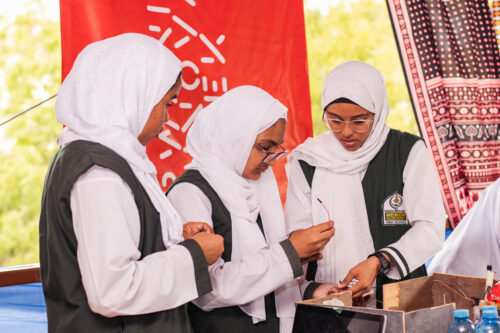
We are delighted to be starting a new longitudinal project investigating the experience of young people who have engaged with the BBC micro:bit and other physical computing devices. We aim to develop insights into changes in attitudes, agency, and creativity at key points as students progress from primary through to secondary education in the UK.
To do this, we will be following a cohort of children over the course of five years — as they transition from primary school to secondary school — to give us deeper insights into the longer-term impact of working with physical computing than has been possible previously with shorter projects. This longer-term project has been made possible through a generous donation from the Micro:bit Educational Foundation, the BBC, and Nominet.
Do follow our research to see what we find out!
Generative AI for computing teachers
We are conducting a range of projects in the general area of artificial intelligence (AI), looking both at how to teach and learn AI, and how to learn programming with the help of AI. In our work, we often use the SEAME framework to simplify and categorise aspects of the teaching and learning of AI. However, for many teachers, it’s the use of AI that has generated the most interest for them, both for general productivity and for innovative ways of teaching and learning.
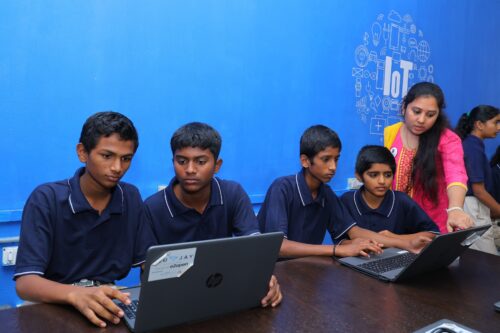
In one of our AI-related projects, we have been working with a group of computing teachers and the Faculty of Education to develop guidance for schools on how generative AI can be useful in the context of computing teaching. Computing teachers are at the forefront of this potential revolution for school education, so we’ve enjoyed the opportunity to set up this researcher–teacher working group to investigate these issues. We hope to be publishing our guidance in June — again watch this space!
Culturally responsive computing teaching
We’ve carried out a few different projects in the last few years around culturally responsive computing teaching in schools, which to our knowledge are unique for the UK setting. Much of the work on culturally responsive teaching and culturally relevant pedagogy (which stem from different theoretical bases) has been conducted in the USA, and we believe we are the only research team in the UK working on the implications of culturally relevant pedagogy research for computing teaching here.
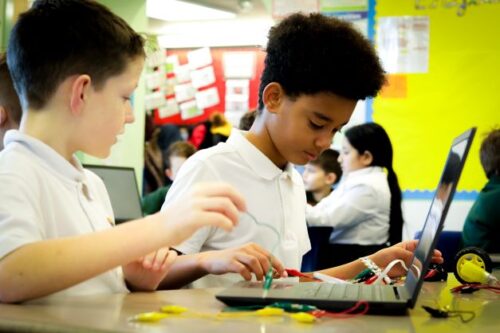
In one of our studies, we worked with a group of teachers in secondary and primary schools to explore ways in which they could develop and reflect on the meaning of culturally responsive computing teaching in their context. We’ve published on this work, and also produced a technical report describing the whole project.
In another project, we worked with primary teachers to explore how existing resources could be adapted to be appropriate for their specific context and children. These projects have been funded by Cognizant and Google.
‘Core’ projects
As well as research that is externally funded, it’s important that we work on more long-term projects that build on our research expertise and where we feel we can make a contribution to the wider community.
We have four projects that I would put into this category:
- Teacher research projects
This year, we’ve been running a project called Teaching Inquiry in Computing Education, which supports teachers to carry out their own research in the classroom. - Computing around the world
Following on from our survey of UK and Ireland computing teachers and earlier work on surveying teachers in Africa and globally, we are developing a broader picture of how computing education in school is growing around the world. Watch this space for more details. - PRIMM
We devised the Predict–Run–Investigate–Modify–Make lesson structure for programming a few years ago and continue to research in this area. - LCT semantic wave theory
Together with universities in London and Australia, we are exploring ways in which computing education can draw on legitimation code theory (LCT).
We are currently looking for a research associate to lead on one or more of these core projects, so if you’re interested, get in touch.
Developing new computing education researchers
One of our most important goals is to support new researchers in computing education, and this involves recruiting and training PhD students. During 2022–2023, we welcomed our very first PhD students, Laurie Gale and Salomey Afua Addo, and we will be saying hello to two more in October 2024. PhD students are an integral part of RPCERC, and make a great contribution across the team, as well as focusing on their own particular area of interest in depth. Laurie and Salomey have also been out and about visiting local schools too.


Laurie’s PhD study focuses on debugging, a key element of programming education. He is looking at lower secondary school students’ attitudes to debugging, their debugging behaviour, and how to teach debugging. If you’d like to take part in Laurie’s research, you can contact us at rpcerc-enquiries@cst.cam.ac.uk.
Salomey’s work is in the area of AI education in K–12 and spans the UK and Ghana. Her first study considered the motivation of teachers in the UK to teach AI and she has spent some weeks in Ghana conducting a case study on the way in which Ghana implemented AI into the curriculum in 2020.
Thanks!
We are very grateful to the Raspberry Pi Foundation for providing a donation which established the RPCERC and has given us financial security for the next few years. We’d also like to express our thanks for other donations and project funding we’ve received from Google, Google DeepMind, the Micro:bit Educational Foundation, BBC, and Nominet. If you would like to work with us, please drop us a line at rpcerc-enquiries@cst.cam.ac.uk.

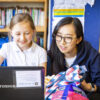
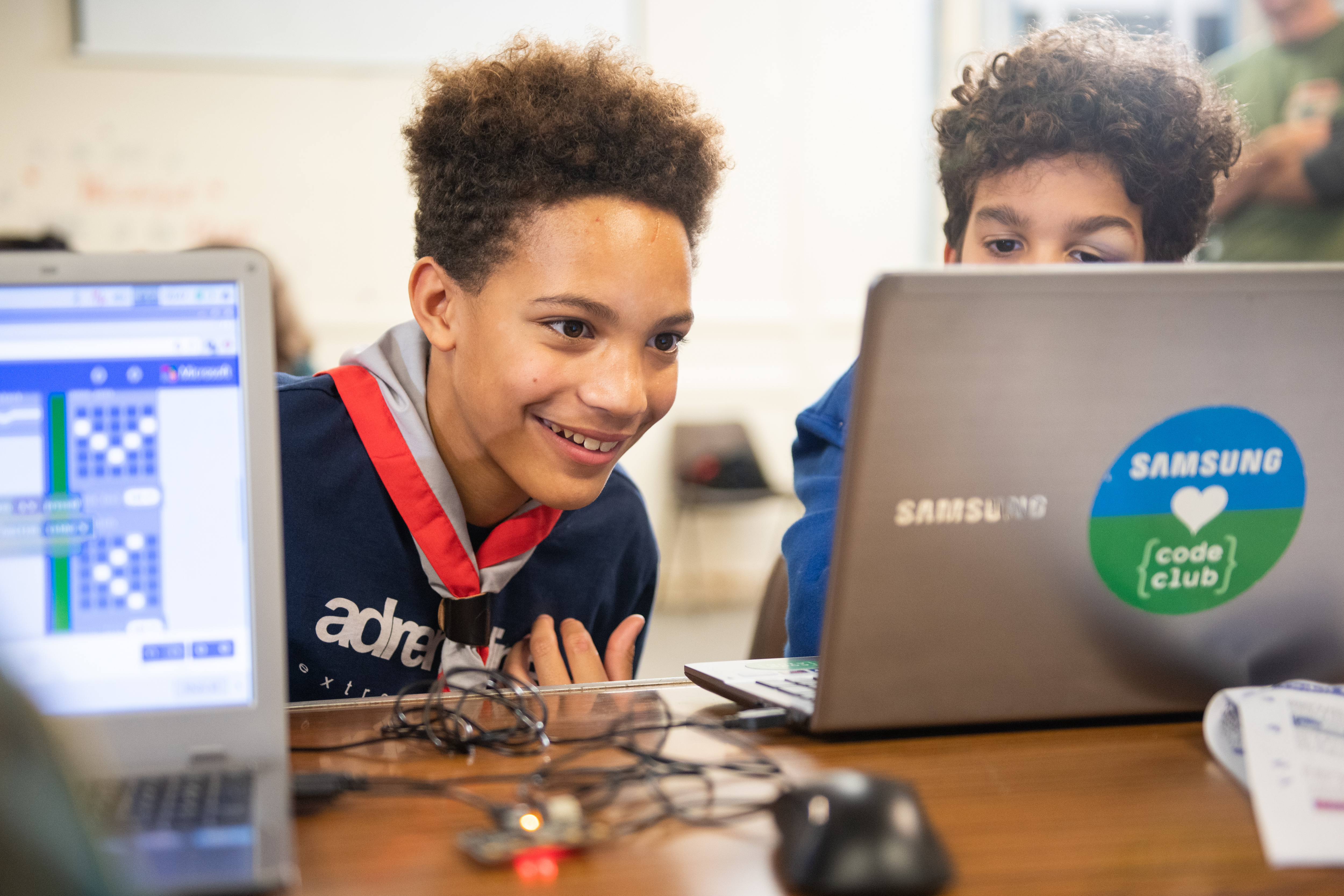
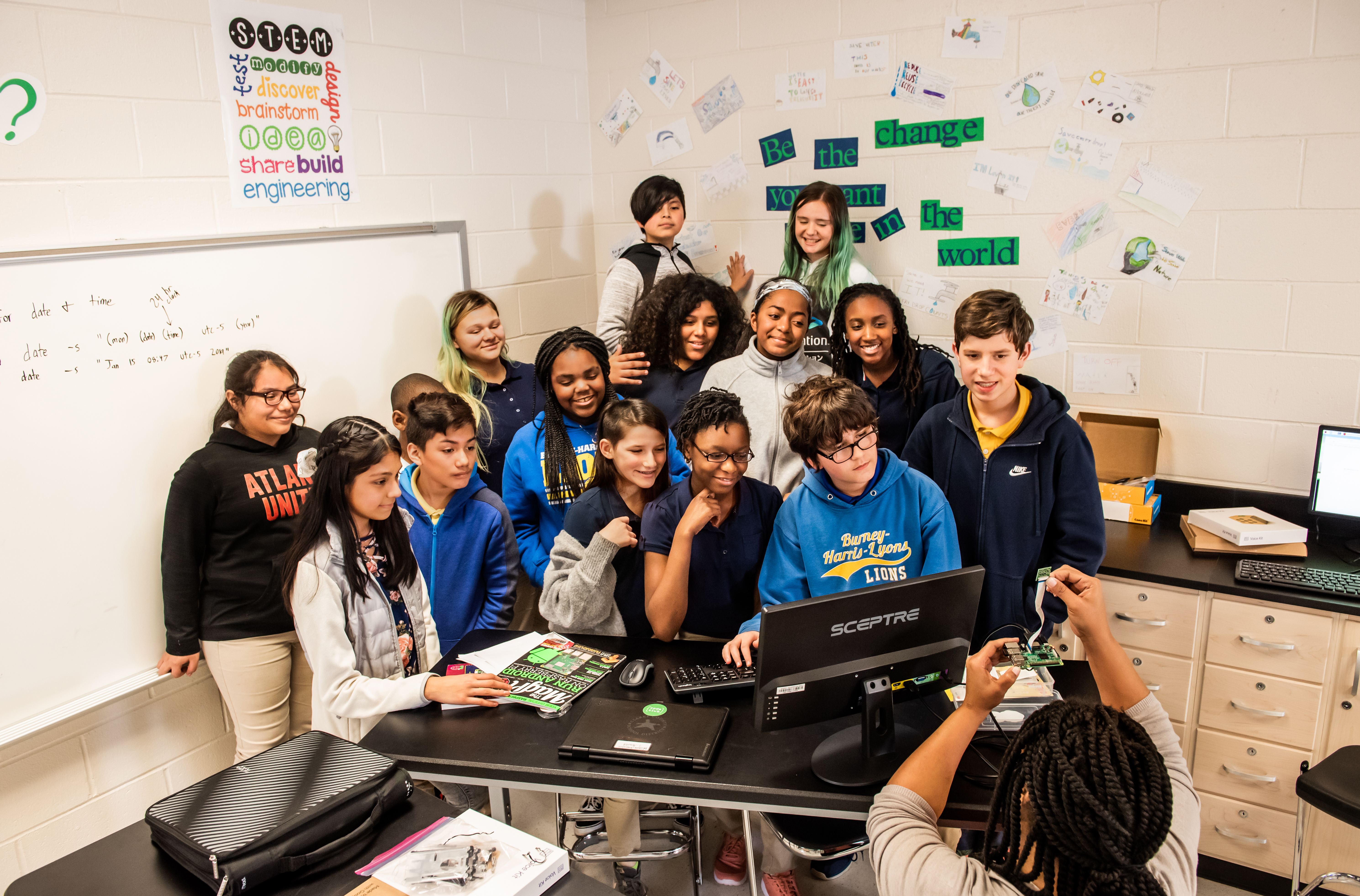
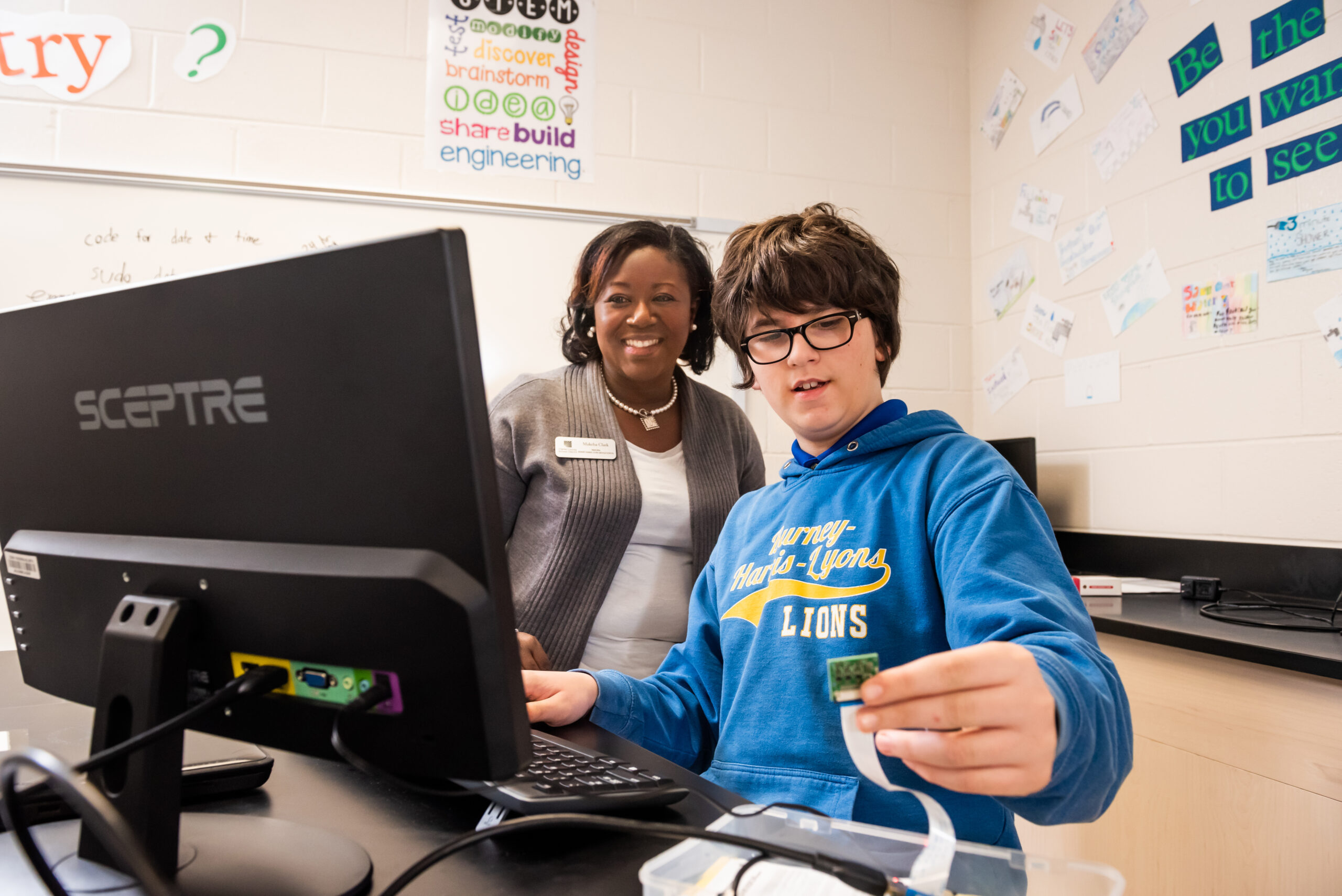
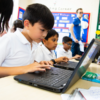
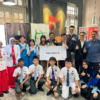
No comments
Jump to the comment form